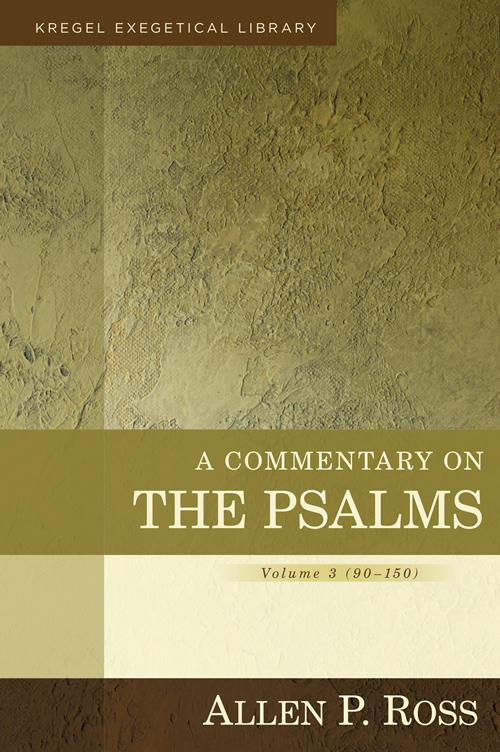It’s been a little quiet around here for too long. I’m sorry about that. I’m not sorry that you’ve been able to invest your reading time in other ideas that might have been more helpful. And it may even be that you have slipped away and won’t come back. That’s okay. I value all seven of my readers, but I understand. Life is busy.
Where have I been? I’ve been right here, staring at the screen. Admittedly, most of that staring has been for work purposes. Even when I’m not writing here on the blog, I’m typically constructing two sermons and a Bible study per week. Plus prepping for a Sunday School class that I really need to get working better.
And alongside that, I’m trying to get back into language learning so that I can reopen my pursuit of a doctorate. Throw into all of this our current cultural milieu of political nonsense, and it’s just been a great time to write.
That is, unless you can’t seem to find what you want to say. Some of this is, honestly, a result of wanting to be liked and effective in what I write. What do I mean?
Think about it like this: if nobody likes me, then they don’t read what I write. Which means that there’s no sense in writing it if it won’t be read. And, since I keep comparing myself to the wrong statistics pack, it looks like not enough people read what I write…so they don’t like me and there’s no reason to do it.
This is, though, more of a wrestling with the wind than a reality. Wrestling with the wind was a commonplace reality when we lived on the Grand Prairie of Arkansas. You could go outside and try to get somewhere—and the stout prairie winds kept you from getting there without a lot of extra effort! You spent your time fighting the wind, but the wind was never there when you wanted a rematch.
Struggling with those winds is the best comparison I have to the mental and emotional struggles that I’ve had of late. Some days, I have walked against the wind all day, and have found that I made exactly zero progress. Other days, I’ve gone out and found all my energy was well-used because the wind of resistance wasn’t there.
The worst days, though, are the days spent waiting for the wind to come. You have this practically—well, I can’t work on the roof leak today, the wind may blow up and stop me. I need to do this and not that, but the wind will stop me. A fear of frustration that leads to inaction.
In short, a wrestling with the winds and their capricious nature.
And that’s what I’ve been doing. In some cases, the reasons are my own and will not be put out in public. Some of those winds are common to many—I claim no exclusive rights to self-doubt or any of the other challenges around me.
That’s just where I am. This coming week, the family and I will take a vacation. Not from our senses, hopefully. But from some of our everyday chaos. As we do that, I think one of my main goals is to adjust my windscreens and just handle what needs doing. There is nothing for it—the winds that have blown are gone, and revenge won’t work.
How, though? One is to determine not to face the winds until they are blowing. The second seems contrary to it, but it’s this: have a plan to adjust when the winds blow. Maybe the wind will affect the course, and if so, then take on whatever options are available. Grab the work ahead of us, even if it means tacking into the wind.
All that to say: there are plenty of obstacles, small and large, to be overcome in life. Grab ahold of what you need for strength and get it done.



